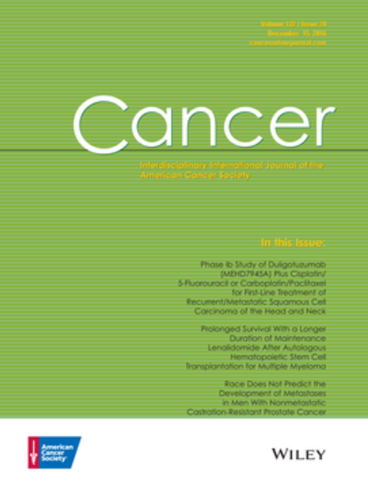Patient navigation (PN) is a promising yet underused approach to address Hispanic/Latino (H/L) cancer survivors' unmet supportive care needs. The authors conducted a randomized trial to evaluate the effect of a culturally tailored PN program with the LIVESTRONG Foundation's Cancer Navigation Services (PN-LCNS) on reducing unmet needs in H/L survivors.
From 2012 to 2015 at two US sites, 288 H/L survivors diagnosed with breast, prostate, or colorectal cancer were randomized to a PN-LCNS program or to standard PN. Participants assigned to the PN-LCNS program received 3-month PN services; access to phone-based, bilingual, one-on-one support; and additional resources (i.e., guidebook, health journal, and care plan). Participants completed assessments at baseline and at 3, 9, and 15 months post-baseline. The Supportive Care Needs Survey was used to assess unmet needs across five domains: psychological, health system and information, physical and daily living, patient care and support, and sexuality. Intervention effects were tested by using separate multilevel growth models for women and men.
Women randomized to the PN-LCNS program, relative to those who received standard PN, had a statistically significant reduction in unmet needs (i.e., overall and for the health systems and information, physical and daily living, and patient care and support domains). Among men, younger age was associated with greater unmet needs at baseline. Prostate cancer survivors reported greater unmet sexual health needs compared with colorectal cancer survivors. There was no significant change in unmet needs among H/L men.
A culturally tailored PN program can reduce unmet supportive care needs among H/L women cancer survivors. However, interventions specifically targeting unmet needs in H/L men and sexual health are still necessary (ClinicalTrials.gov identifier NCT02275754).
Hispanic/Latino (H/L) cancer survivors often report concerns or needs that are not adequately addressed by the health care team, which could be related to psychological, health system and information, patient care and support, physical and daily living, and sexuality issues.
In this randomized controlled trial of 288 H/L survivors diagnosed with breast, prostate, or colorectal cancer, women assigned to a culturally tailored patient navigation program experienced a reduction in unmet needs compared with those who received standard patient navigation.
H/L men did not experience a change in unmet needs.


